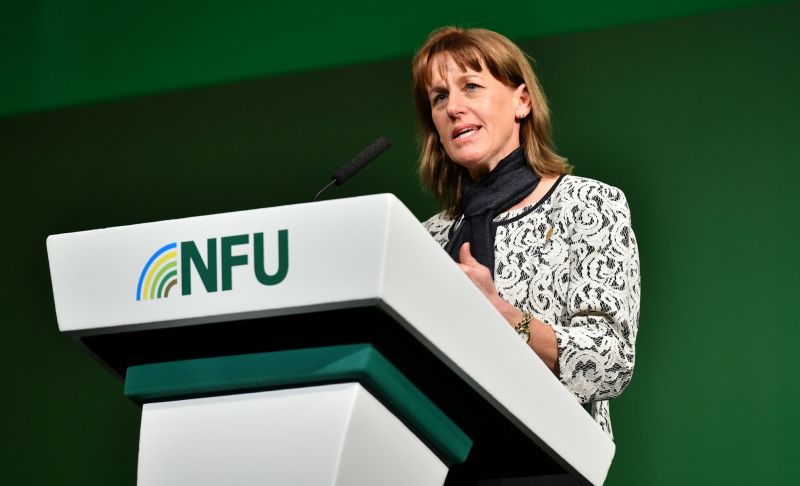
The NFU has reacted to the possibility of an Article 50 extension by saying it is 'unacceptable' for farm businesses to remain in constant uncertainty.
In Prime Minister Theresa May's statement to parliament on Tuesday (26 February), she said the government has planned to hold the next meaningful vote on her Brexit deal by 12 March.
If it is defeated again, it will be followed by a vote on 13 March on leaving the EU with 'no deal'.
If this is rejected by MPs, a vote on 14 March will take place looking to extend the date the UK leaves the EU.
The NFU has frequently maintained that leaving the EU without a deal would be a 'catastrophe' for British farming.
And despite any extension to the date the UK leaves the EU, it does not take 'no deal' off the table completely, the union said.
NFU President Minette Batters said: “The Prime Minister has said any such extension would not be lengthy. Therefore there would continue to be no certainty for British farmers as to what our trading relationship would be with the EU after this date.
“I maintain it is unacceptable for British businesses, including farmers, to be in this position. It is vital that, if there is to be an extension, that time is spent productively by parliament in delivering a deal which will work for Britain.
“Simply delaying Article 50 and the associated uncertainty is not going to help British farmers and food producers – and wider British business - by itself,” she said.
In December 2018, the NFU agreed six principles with the government to encourage the best outcome for British farmers when the UK leaves the EU.
The six principles agreed are:
• Avoiding a ‘no deal’ outcome and any short-term political and economic turmoil
• Ensuring as free trade in agri-food goods as possible with the UK's principal EU market
• Gaining greater regulatory control and discretion over UK farm practice
• Maintaining access to the seasonal and permanent workforce required by the UK food chain
• Ensuring international trade respects domestic production standards
